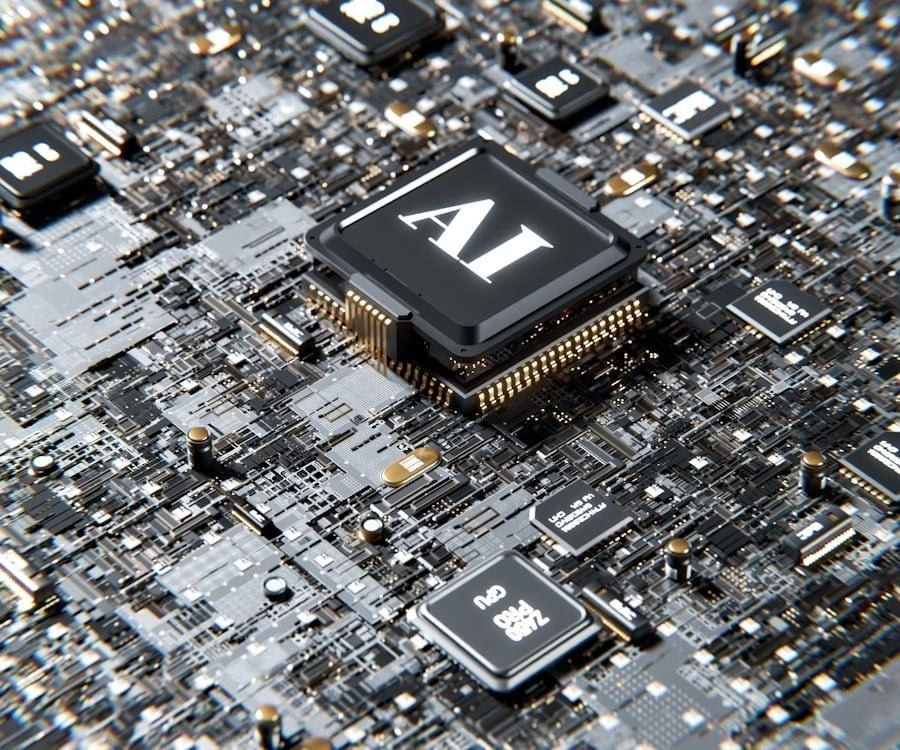If there is any technology that has made waves in the last few years, it is almost certainly Artificial Intelligence (AI). While the concept of artificial intelligence has existed for decades, it has become a material reality for many of us in the last few years, thanks to innovations like ChatGPT and Jasper. From the endless implementation of AI in our work to people writing their wedding vows using various tools, it is clearly here to stay. Notably, it is being applied in virtually every sector worldwide. This includes the betting sector.
Humans have been gambling for as long as we have had anything to gamble with or on, and it has always reflected changes in our technology. Now that the AI revolution is firmly upon us, how is betting being impacted?
- Customer Recommendations
In the world of betting, especially online betting, there are endless options. Customers are always looking for the best sites to gamble on, as well as a guide for choosing top online casinos. While there are existing guides and all sorts of resources to help them with their choice, they also rely on personalized recommendations. This could mean their casino of choice recommending titles for them to play or even targeted ads based on their online behavior. Artificial intelligence, for its part, has been very helpful in this regard.
Artificial intelligence is capable of analyzing hundreds of hours of consumer behavior and predicting what they will enjoy. This is the technology used behind everything from Amazon product suggestions to Netflix recommended feeds. This is also applied in the gambling space as customers are being recommended games that they are most likely to enjoy, and many report high levels of accuracy. As time passes, these recommendations will become even more hyper-specific, hopefully allowing companies to increase customer satisfaction.
- Graphics
Betting has always been more than just the actual wagers themselves. In the world of online gambling, platforms have to stand out with innovative graphics and amazing web design. With AI, this process is becoming faster and easier. We’ve all seen AI-generated imagery on the internet at some point, and as they become more realistic, many online platforms are turning to them.
It’s not unusual for a single gambling site to have tens of thousands of titles, and each of these will need its own unique graphics, cover art, and much more. Using AI, they can produce this content much faster, and while AI-generated imagery continues to court some controversy, some in the gambling space are seeing its benefit.
- Fraud Detection
Another relevant application of AI in gambling is fraud detection. Because the gambling industry obviously deals with billions of dollars, there are always malicious actors looking to expose the platform, the players, or both. However, the use of AI to monitor consumer activity is great for fraud prevention. By flagging anomalies in consumer behavior whether this is the games being played, the wagers being placed, or even the times this is taking place, such activity can be stopped in its tracks. AI is also being used in identity verification for various players to make sure no safeguards are being invaded. These include analyzing selfies and images to confirm age, tracking IP addresses, and much more.
- Customer Support
For users of online gambling platforms, the customer service experience can go on to impact their satisfaction rate just as much as anything else. However, human-led customer support systems have certain drawbacks. Notably, because it relies on humans, it is subject to human limitations, such as time, margin of error, and much more.
Now, many online gambling platforms are beginning to infuse AI in their customer support systems. These AI systems can review and respond to customer queries at any time of the day, meaning users don’t have to wait for human support lines to open if they have an emergency or any other query. As more of these systems continue to be used, it’s expected that their efficiency will only increase.
- Game Development
The constant expansion of the online gaming space means that there is a greater demand for more titles, and AI is helping developers meet this demand. While in the past, developing a single online game could have taken months due to tasks such as coding, visual development, testing, and more, AI can now shorten the period to weeks or even days. Many more developers are reporting using AI for some of the more gruelling and repetitive tasks, allowing them to focus on the innovation. This means that customers can have their needs met faster, and innovation can hopefully be sped up.
Conclusion
Artificial intelligence is clearly not going anywhere, and the online gaming space seems to be very happy to embrace it. Whether it’s to give out recommendations, develop games faster, flag fraud sooner, or anything else, it’s clear that the use of AI within the sector is only going to continue, and hopefully, yield positive results.


